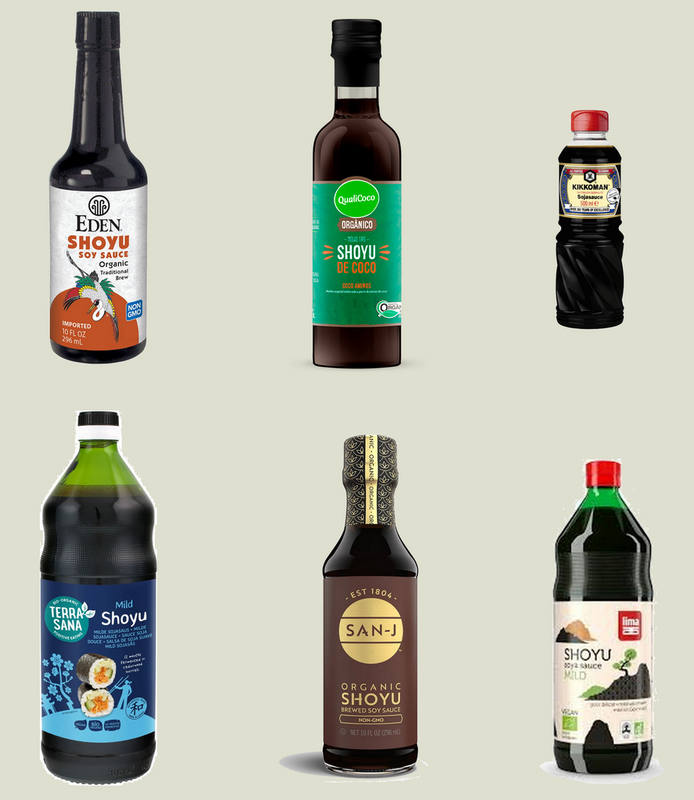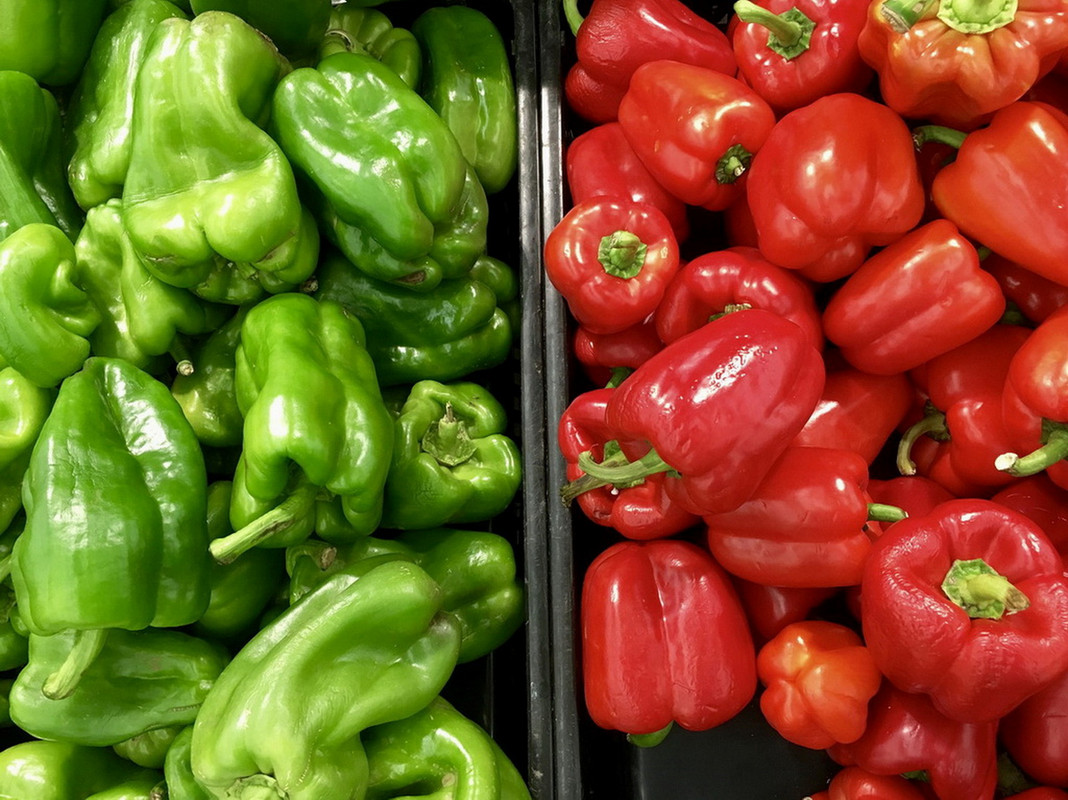Shoyu is a sauce made from a mixture of soybeans, toasted cereal, water and sea salt. Below you will learn about its main characteristics, its sodium levels and, finally, if soy sauce is bad for your health.
Usually used as an accompaniment to oriental dishes such as sushi, temaki and yakisoba, soy sauce, also known as soya sauce, can still be used to season vegetables such as broccoli and cabbage. There is no denying that the ingredient makes dishes tastier, but is it a product that can be consumed at will during meals that will not cause further harm?
Rich in calcium, iron, protein and vitamins B1 and B2, it is undoubtedly the best sauce for hot or cold Japanese food. But if you're on a diet, it's important to find out if soy sauce is fattening before dipping your sushi in it.
Making this sauce is not an easy task. But you can flavor your light soy sauce with a few ingredients to make it even tastier. Learn 8 recipes for light soy sauce.
But is traditional soy sauce the only villain in your diet? Is he solely responsible for turning supposedly healthy foods into fattening foods? To know these answers you will need to learn the calories in Japanese food.
If you have had surgery, piercings or tattoos, you have surely received the recommendation to avoid noisy meals. Find out if the sushi is paddle sushi.
In other words, is soy sauce bad for your health? Still don't know the answer to this question? That is exactly what we will discover below.
Sodium
You must have heard that excess sodium in the body can cause serious health problems.
Although the mineral is an important nutrient for muscle contraction, the transmission of nerve impulses, the regulation of blood volume and pressure, the balance of body fluids and the maintenance of regular pH levels in the blood, which is an indicator of good health, it must be ingested within a limit.
Ideally, a healthy adult should consume a maximum of 2,300 mg of sodium per day and for those who suffer from hypertension, this figure drops to 1,500 mg.
When this recommended amount is exceeded, the person may suffer from high blood pressure, water retention, increased blood volume – which gives more work to the heart when moving this blood and generates more pressure on the arteries -, heart disease, and stroke. and heart failure.
The bad news is that soy sauce is loaded with sodium. That's because in just a serving equivalent to one tablespoon of the ingredient it is possible to find 902 mg of the mineral.
Hence the importance of using the product with great care and moderation, at the risk of exceeding the recommended daily sodium intake. Another recommended action is to always carefully evaluate the packaging of industrialized sauces and choose brands that offer the lowest possible sodium content.
Anyway, having this information in hand, it is possible to say that, from the point of view of its high sodium content, soy sauce is bad for your health.
The industrialization process
The traditional soy sauce recipe is prepared from a slow fermentation process of whole soy beans, without the addition of preservatives. Traditional Chinese soy sauce was originally made from boiled soybeans, which were mixed with wheat flour. After that, fermentation took place, which was done in large clay jars that yielded 12 to 60 gallons.
These pots are exposed to sunlight to gain color and aroma, and only after three to six months is a bamboo strainer used to strain the sauce. The next step was to distribute the liquid into smaller containers and leave them in the sun for another two weeks.
Despite not being hot or pasteurized, the sauce was already usable. However, the last production step was to add more water and salt to the mixture and ferment for another month or two.
You don't have to be an expert in large-scale industrial production to understand that the process described above does not fit the criteria of mass production, in which products must be delivered and replaced quickly, right?
Because of this, fermentation was replaced by a solvent process, which provides a faster way to obtain the product. The problem is that with speed other problems arose.
According to a May 2010 report by the Food Standards Agency , exposure to high temperatures during industrial soy sauce production is harmful because it produces a group of chemicals known as chloropropanols.
One of these chloropropanols, called 3-MPCD, produces a carcinogenic compound when ingested with the digestive enzyme lipase in the human body. The same substance has also been linked to the appearance of cancer in laboratory animals.
The dangers caused by 3-MPCD have raised concerns among health authorities around the world. The European Food Safety Authority has established that the tolerable daily consumption level of this chloropropanol is 2 nanograms per kilogram of a person's body weight. That is, if someone weighs 60 kg, their limit is 120 nanograms.
The other side of the coin
Despite these aspects that show how bad soy sauce is for your health, there are other factors that point to its benefits. Research has already shown that the ingredient can benefit the digestive tract, for example.
These benefits are related to the fermentation process of soy sauce, during which a certain group of carbohydrates called oligosaccharides is created. This is because the microorganisms involved in the fermentation of soybeans produce enzymes that can break down the fibers found in soybeans.
When these fibers called hemicelluloses break down, oligosaccharides are produced. These carbohydrates contribute to the growth of intestinal flora, the so-called good bacteria, within the large intestine.
However, this benefit applies to sauce that is made from the fermentation process, not the industrialized model we saw previously. Therefore, when purchasing your soy sauce, make sure it fits the healthiest production model. Artisanal, homemade and organic sauces can be a good option when you start looking for a soy sauce that does not do so much harm to your health.
#shoyu, #sauce, #soybean, #toasted_cereal, #sea_salt, #sodium, #sushi, #temaki, #yakisoba, #healthyrecipes






